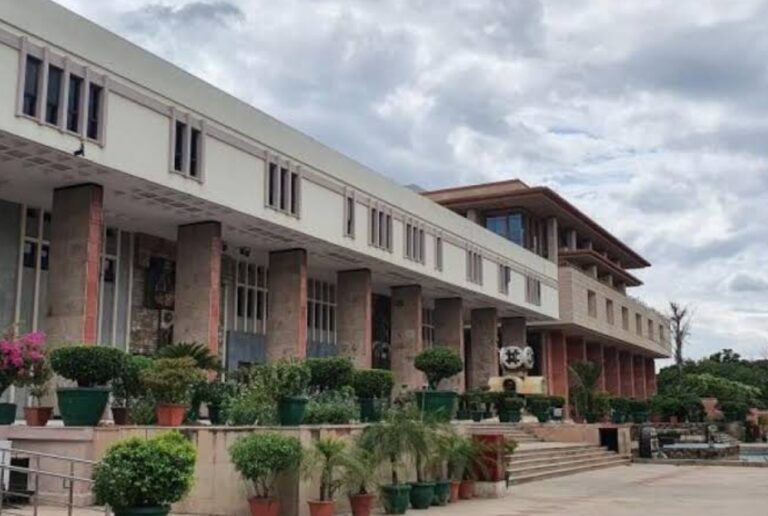In a significant ruling, the Delhi High Court has declared a reassessment notice issued under Section 148 of the Income Tax Act as invalid, citing non-compliance with the mandatory provisions of Section 151(1) of the Act. The judgment was delivered in the case Sukhbir S. Dagar vs. Income Tax Officer (ITA 741/2023 & CM APPL. 19588/2025) by a bench comprising Justice Vibhu Bakhru and Justice Tejas Karia.
Background of the Case
The assessee had filed his original return for Assessment Year (AY) 2006-07, followed by a revised return on 21.09.2007. The case was selected for scrutiny, and a notice under Section 143(2) was issued. One of the main issues examined during the original assessment was related to capital gains from the sale of agricultural land, co-owned with the assessee’s brother. The assessee had declared Rs. 21,87,500 as consideration for his 50% share and provided a registered valuer’s report for the cost of acquisition.
After considering the submissions, the Assessing Officer (AO) passed an assessment order under Section 143(3) on 30.12.2008, accepting the declared income.
Reassessment Proceedings Initiated
On 22.03.2013, the AO issued a notice under Section 148 to reopen the assessment based on incriminating information uncovered during a search under Section 132, conducted on a third party. The reassessment was initiated with the approval of the Joint Commissioner of Income Tax (JCIT) under Section 151.
The assessee responded to the notice, requested that his earlier return be treated as filed in response, and objected to the reasons recorded for reopening the case.
CIT(A) and High Court Observations
The Commissioner of Income Tax (Appeals) [CIT(A)] ruled in favour of the assessee, noting that the AO had relied on material that was never confronted to the assessee. Moreover, no statement from the Directorate of Revenue Intelligence (DRI) substantiated the claim of any cash consideration in the transaction.
The key legal issue examined by the Delhi High Court was whether the reassessment proceedings were valid given that the approval for issuing the notice was taken from the JCIT and not the Commissioner of Income Tax (CIT) or Chief Commissioner of Income Tax (CCIT), as mandated under the first proviso to Section 151(1) for cases where the original assessment was completed under Section 143(3).
High Court Verdict
The Court held that the reassessment notice issued was contrary to Section 151(1) of the Income Tax Act. It clearly stated that in such circumstances, only the CIT or CCIT is empowered to grant approval for reopening assessments completed under Section 143(3). Since the approval was taken from the JCIT, the entire reassessment proceedings, including the final order passed under Section 147, were declared invalid and unsustainable.
Key Takeaway:
Taxpayers must ensure that procedural requirements under Section 151 are strictly followed by the tax authorities when reopening assessments. This ruling reinforces that improper approvals render reassessment proceedings void ab initio, offering relief to assessees from arbitrary reopening of concluded assessments.
